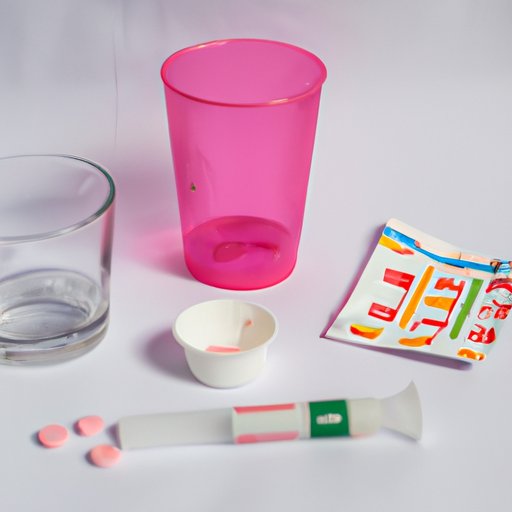
How to Deal with Sore Throat
Dealing with a sore throat can be a painful and uncomfortable experience. Sore throat, also known as pharyngitis, is often caused by irritation or inflammation of the throat due to bacteria or viruses. It can also be a symptom of other underlying health conditions. While sore throat typically resolves on its own within a week or two, there are various methods that can help manage the symptoms and provide relief. This article aims to provide helpful tips for managing sore throat symptoms.
Importance of Hydration
Hydration is crucial when it comes managing sore throat symptoms. It can help reduce irritation and inflammation in the throat, and prevent dehydration, which can make the condition worse. It is recommended to drink plenty of fluids such as water, soup, tea, or warm honey water. Warm drinks can also help soothe the throat. However, it is important to avoid dehydrating fluids like coffee, alcohol, and soda, as they can worsen the condition.
Saltwater Gargle
Gargling with salt water can help soothe a sore throat by reducing inflammation and killing bacteria in the throat. To prepare saltwater gargle, mix half a teaspoon of salt in a glass of warm water. Gargle with the solution for around 30 seconds, and then spit it out. It is recommended to repeat this process four to five times per day until the symptoms improve.
Throat Lozenges
Throat lozenges can provide temporary relief of pain and irritation in the throat. They work by reducing inflammation and numbing the throat. When choosing throat lozenges, look for ingredients such as menthol, eucalyptus, and benzocaine, which can help provide relief. However, it is important to note that throat lozenges should not be used excessively, and precautions should be taken when using them, especially in children.
Honey
Honey is a natural remedy that can soothe a sore throat due to its antibacterial and anti-inflammatory properties. To prepare honey drink, mix one tablespoon of honey in a glass of warm water. It is important to choose pure honey, as it provides better benefits than processed honey. However, it is important to note that honey should not be given to children under one year old due to the risk of botulism.
Avoiding Irritants
To manage sore throat symptoms, it is important to avoid irritants such as smoking and dry air. Smoke can irritate the throat and worsen the condition. Dry air can also dry out the throat and make it more susceptible to infection. It is recommended to use a humidifier to improve air quality, especially during dry weather. Other ways to reduce exposure to irritants include staying away from polluted areas, and covering the mouth when coughing or sneezing.
Elevating Head
Elevating the head can also help reduce congestion, especially during sleep. Using additional pillows can elevate the head and prevent mucus from accumulating in the throat. This can help improve breathing and reduce coughing at night.
Over-the-counter Medications
Over-the-counter medications such as ibuprofen or acetaminophen can help reduce pain and inflammation associated with sore throat. However, it is important to use these medications with caution and follow the instructions on the label. They should not be used excessively, as they can cause complications, especially in individuals with underlying health conditions. It is recommended to consult a doctor before taking any medication.
Conclusion
Sore throat can be a painful experience that can affect daily activities. However, there are various methods that can help reduce symptoms and provide relief, such as staying hydrated, gargling with salt water, using throat lozenges, using honey, avoiding irritants, elevating the head, and using over-the-counter medications. It is important to see a doctor if the symptoms persist or worsen. Lastly, practicing preventive measures, such as washing hands regularly, avoiding close contact with sick individuals, and maintaining good hygiene, can help reduce the occurrence of sore throat.




